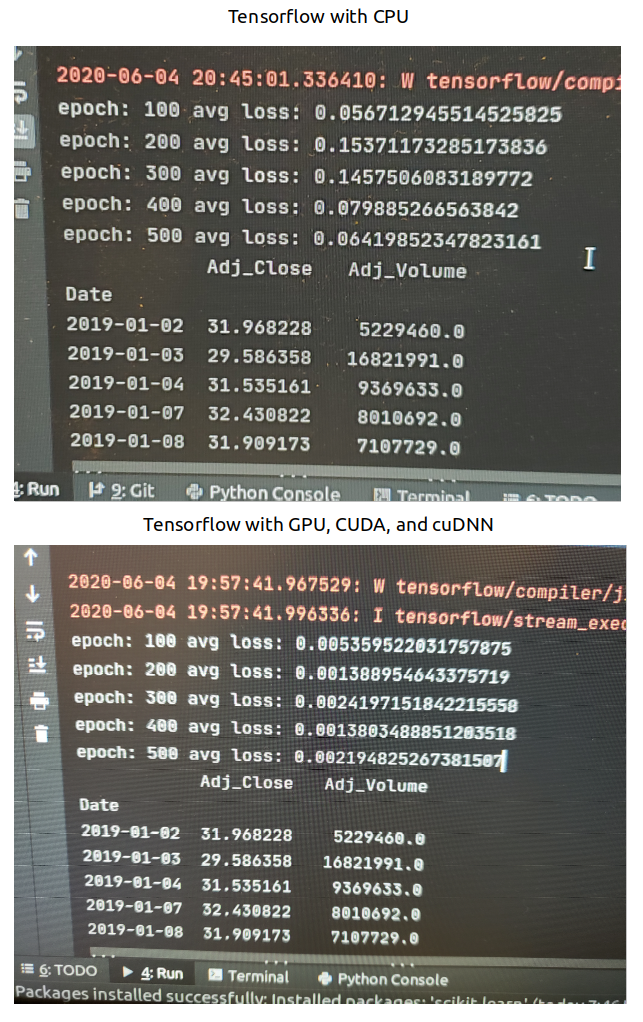This is a poetic encapsulation of the ever-evolving nature of human experience and perception. While at face value it suggests that the book remains unchanged and it’s the reader who transforms, it also alludes to the deep interplay between literature and personal growth. Every reading of a book is a new experience because each time we come to it, we bring along new perspectives, experiences, emotions, and understandings shaped by the interim of our lives.
The books we cherish have an uncanny ability to grow with us. I can think of a number of books that I will read every couple of years; “Atlas Shrugged”, “Godel, Escher, Bach”, “The Old Man and the Sea”, “The Hitchhiker’s Guide to the Galaxy”. Returning to the same book over time, we might be struck by deeper themes, nuanced relationships, or moral quandaries that had previously eluded us. The story hasn’t changed, but our understanding of its multifaceted layers has expanded. The spaces between the lines brim with fresh meaning, mirroring the complexities we’ve come to recognize in our own lives.
This transformative nature of reading underscores the timeless value of literature. It’s not merely about absorbing information or diving into a narrative; it’s an active dialogue between the reader and the text. Each reading session offers an opportunity to reflect on personal growth and change.
The next time you revisit a beloved book, remember that it’s not just a return to familiar pages, but an exploration of the new person you’ve become since you last met those words.
What are your favorites to re-read over the years?


